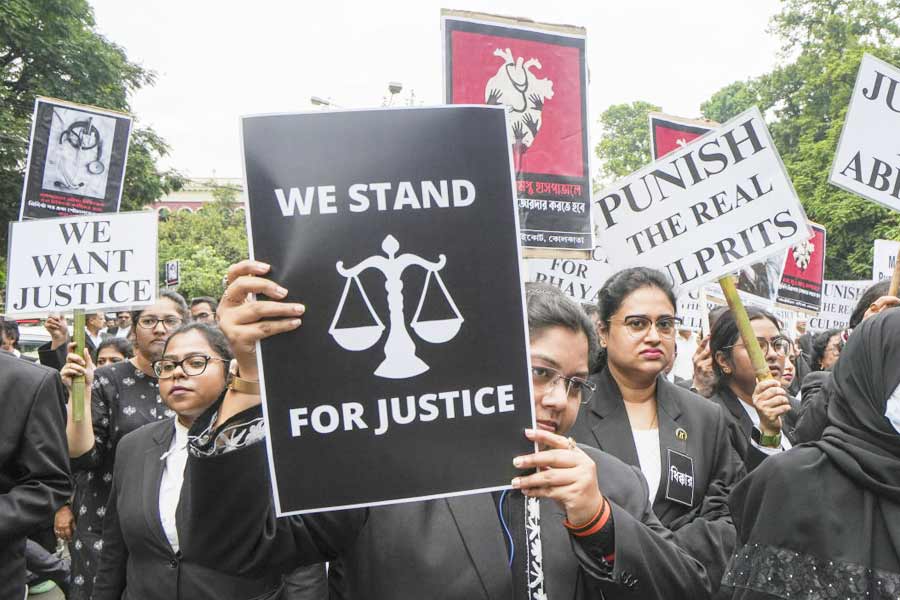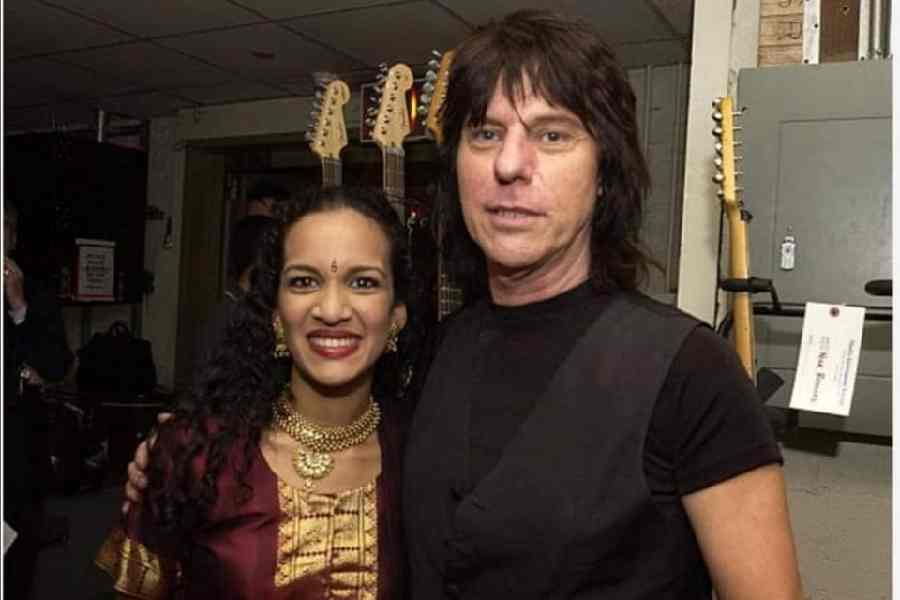Many years ago, there died in Calcutta a young man of extraordinary character. He was forty, and he died of cardiac arrest. He had his education at St. Xavier’s School, Hazaribagh; St. Xavier’s College, Calcutta; Presidency College, Calcutta; and Jadavpur University — all so-called elite institutions — without ever betraying any trace of degenerate elitist influence. After a first class first in English at the Master’s level, he taught the subject brilliantly for almost 15 years at Jadavpur University; all this time, it never entered his head that formal research work leading to a doctorate was something worth doing. He was simply not interested in adding anything in front of or after his good old name given to him by his parents. He devoured books, books of all kinds, and from them gained wisdom and courage.
He lived life to the full, a genuinely revolutionary life, a life filled as much with ideas as with intense action. One obituary notice said he held “strong political views” — is that all that you say about a man who could face — yes, face — police bullets or the flashing blades of paid thugs for the sake of his political convictions? Predictably, his death went largely unnoticed in the Calcutta press which always had weightier issues to report, like what Mrs Indira Gandhi wore to some formal reception or what, across the border in Dhaka, General Ershad offered a visiting editor at a nobo borsho lunch. But the press’s almost total silence did not seem to matter because long before he died, the dead man had inadvertently become a folk hero, a cult figure, to thousands of ordinary men, women and children drawn from different walks of life.
Ideal citizen
He had conducted night classes for many of them, he had taught them their civic rights and their civic responsibilities, arranged for many funerals and several marriages with contributions from any willing donor, fought with hospital authorities to get a poor patient admitted — the list of self-imposed duties was endless.
The young man’s name was Ronojoy (Toto) Karlekar.
I first met Karlekar in 1968 and in the years that followed I had the privilege of coming close to him many times. Among his many qualities of head and heart, there were two that towered over the rest. One was that although he held extreme Left views and felt the need for violent change, his friends were drawn from every political group in existence, ranging from extreme Left to extreme Right, and each would seek his company in the knowledge that here at last was a Marxist-Leninist who had an open mind and knew no vice called intolerance. Karlekar was a radical who managed to be a liberal at the same time.
The other quality was his fierce commitment to what he regarded as ‘good citizenship’. He told me more than once that it was the duty of every citizen to tear down injustice and oppression. The hallmark of a good citizen is that he is unmindful of what might happen to his own self while protecting his fellows, he used to say. Whenever I think of Karlekar, I am reminded of a line from Yevgeny Yevtushenko, the Russian poet: “Poet you may or may not be, but citizen you must be.” Could it be that our departed friend drew his inspiration from those unforgettable words?
Calcutta, circa 2024, clamouring for justice, would have warmed the cockles of Karlekar’s angry, compassionate heart. I know for an imagined fact that he would have taken the lead in organising protest marches against the Gaza bombings and the R.G. Kar tragedy with equal vision and energy.











